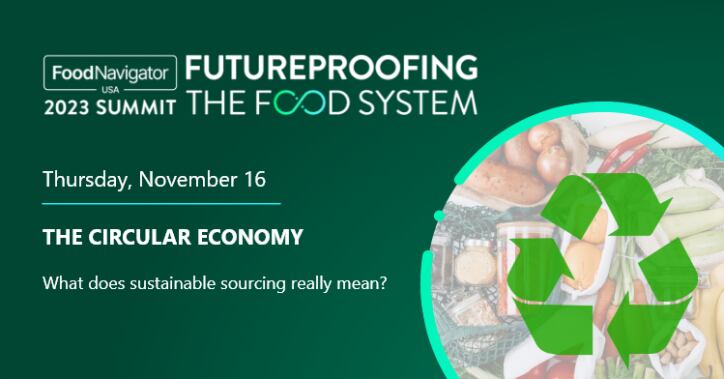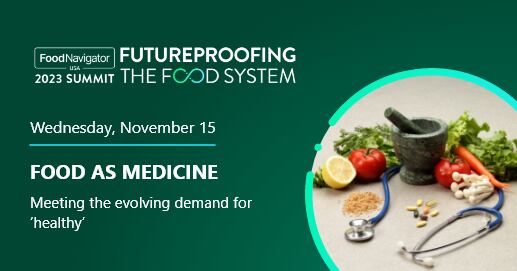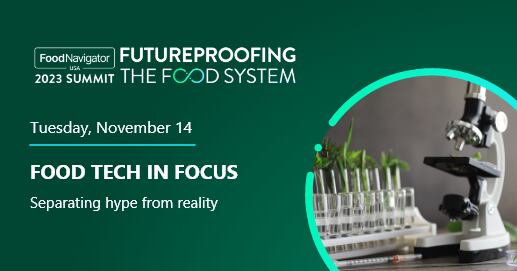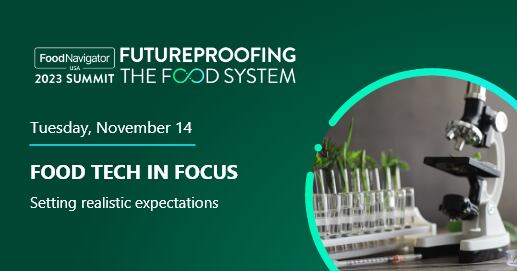During the upcoming FoodNavigator-USA’s Futureproofing the Food System virtual summit, Rhodes Yepsen, executive director at Biodegradable Package Institute, will sit down with FoodNavigator-USA senior correspondent Ryan Daily for a fireside chat to discuss biodegradable packaging alternatives and the growing demand for them from CPG companies and consumers (register for free here).
The session will follow a panel discussion on sustainable packaging and will also focus on how compostable packaging needs to meet both functional and sustainability attributes, the regulations that are creating challenges for the packaging type, and consumer sentiment toward recycling and composting.
Consumers want sustainable packaging, are confused on what's compostable
While consumers primarily purchase a product because of their price and taste, sustainability packaging claims have started to play a bigger role in purchase decisions.
In a McKinsey study from earlier this year, 43% of consumers say that environmental impact is an extremely or very important packaging characteristic for a purchase. Most consumers also saw compostable packaging as the most sustainable option, with 31% saying it was extremely sustainable and 41% saying it was very sustainable.
CPG brands have invested in research and development for more sustainable packaging as others have started to incorporate green packaging types, including biodegradable ones, into their offers. This increased demand for compostable packaging is growing the biodegradable market, which was worth $448.2bn in 2022 and is expected to grow by a 6.1% CAGR during 2022-2032, according to Future Market Insights data.
Earlier this year, PepsiCo launched its Frito-Lay and Quaker greenhouse to speed up sustainable packaging innovation, including biodegradable packaging, which will help meet PepsiCo's goal of cutting virgin plastic from its supply chain as part of its pep+ framework. Additionally, the company eliminated plastic rings from its multipacks, opting for a paper-based ring instead.
However, despite the growing demand for biodegradable packaging, consumers are often confused about the difference between biodegradable packaging and composting and what they can do to reduce packaging waste.
In a BPI and Closed Loop Partners survey, 49% of over 2,700 survey respondents couldn’t distinguish between compostable and biodegradable disposable bags, which could lead to improper disposal. Additionally, most consumers who look at labels (78% of 1,300 US consumers surveyed) are also confused by them, with 63% of the 78% saying they are unsure a product is recyclable after looking at the label, according to The Recycling Partnership.
In the fireside chat, Yepsen will share how BPI is looking to address these concerns while advocating for regulatory reforms to boost composability. To learn more about the event, make sure to visit the event page and register here for free to secure a seat.





